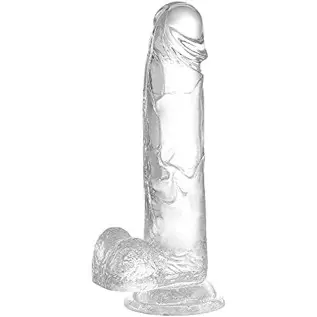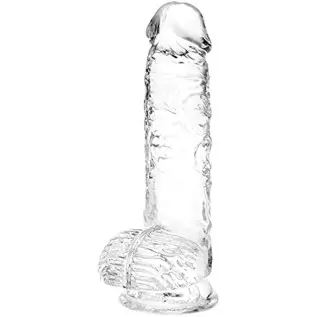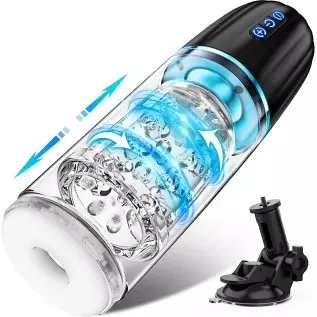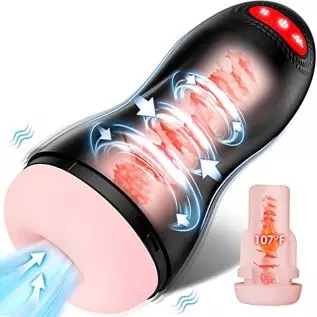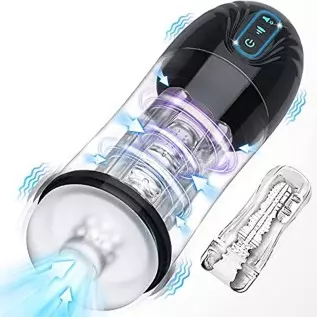What are the symptoms of male seminal vesiculitis? Pay attention to these 6 points in daily care
Seminal vesiculitis is most common among young and middle-aged people, mainly between the ages of 20 and 40. Hematospermia is the most important clinical symptom. There are two main infection routes. One is blood type infection and the other is urinary tract infection. Seminal vesiculitis caused by urinary tract infection mainly presents with abnormal urination as the main symptom, while blood type infection It is different, mainly showing systemic symptoms. Below, the main symptoms of seminal vesiculitis are introduced:
1. Blood semen
Hematospermia means semen contains blood. Depending on the nature of the lesion and the amount of blood contained, it may appear as gross hematospermia or microscopic hematospermia. Hematospermia is one of the characteristic symptoms of seminal vesicle disease.
2. Urinary tract irritation symptoms
Urinary urgency, frequent urination, and painful urination are one of the main symptoms of urinary system diseases. They can also appear in reproductive system diseases, especially inflammation. Symptoms of urinary tract irritation caused by seminal vesicle diseases are characterized by burning and tingling sensation in the urethra, frequent urination, urgency to urinate, and terminal hematuria. These symptoms are related to irritation of the mucosa in the posterior urethra and trigone area of the bladder caused by seminal vesicle disease.
3. Genital pain
Genital pain caused by seminal vesicle diseases can occur in the scrotum, lower abdomen, perineum and inner thighs.
4. Painful ejaculation
Painful ejaculation is one of the characteristic symptoms of seminal vesicle disease. There are two situations of ejaculation pain: one is genital pain caused by many seminal vesicle diseases, seminal vesicle inflammation (non-specific, specific), seminal vesicle stones, etc., which is aggravated during ejaculation and accompanied by ejaculation pain; the other is painful ejaculation, that is, simple ejaculation It causes pain sometimes and radiating pain to the anus and penis.
5. Sexual dysfunction
Sexual dysfunction can manifest as loss of sexual desire, erectile dysfunction, premature ejaculation, nocturnal emissions, no ejaculation, etc.
6. Infertility
Seminal vesicle diseases often lead to primary or secondary infertility in patients, and some patients even seek treatment with infertility as the first symptom.
How to take care of it on a daily basis?
1. Strengthen exercise, strengthen physical fitness, avoid upper respiratory tract infections such as colds, promptly treat dental caries, prevent diarrhea, actively treat infections in other parts of the body, and improve the body's disease resistance.
2. Eat a light diet, pay attention to food hygiene, do not drink alcohol (including beer), and do not eat spicy food to avoid causing prostate congestion; abstain from masturbation, control sexual life, no more than once a week, and taboo interruption of sexual intercourse.
3. It is not advisable to ride horses, ride bicycles or sit for long periods of time. Office workers should stand up and move around every 1 to 2 hours.
4. Patients who have given birth to children can take sitz baths in 45℃ hot water 1 to 2 times a day for 30 minutes each time before going to bed. Patients who have never given birth should not use this method to avoid affecting their fertility. Regular prostate massage can promote blood circulation and facilitate the discharge of inflammatory secretions, but the movements should be gentle and the techniques should not be too heavy.
5. Avoid excessive sexual intercourse to reduce the degree of congestion in sexual organs. Patients with chronic seminal vesiculitis can undergo seminal vesicle and prostate massage regularly (1 to 2 times a week). One is to increase blood supply to the prostate and seminal vesicles, and the other is to promote the discharge of inflammatory substances. Balance work and rest, avoid tobacco, alcohol and spicy food.
6. Rest in bed and give laxative drugs to keep the stool unobstructed.
7. Do a good job in the patient’s ideological work. Eliminate the concerns of patients, especially those with hematospermia, and enhance their confidence in overcoming the disease.





